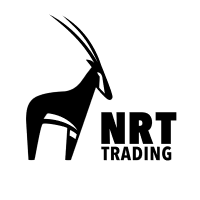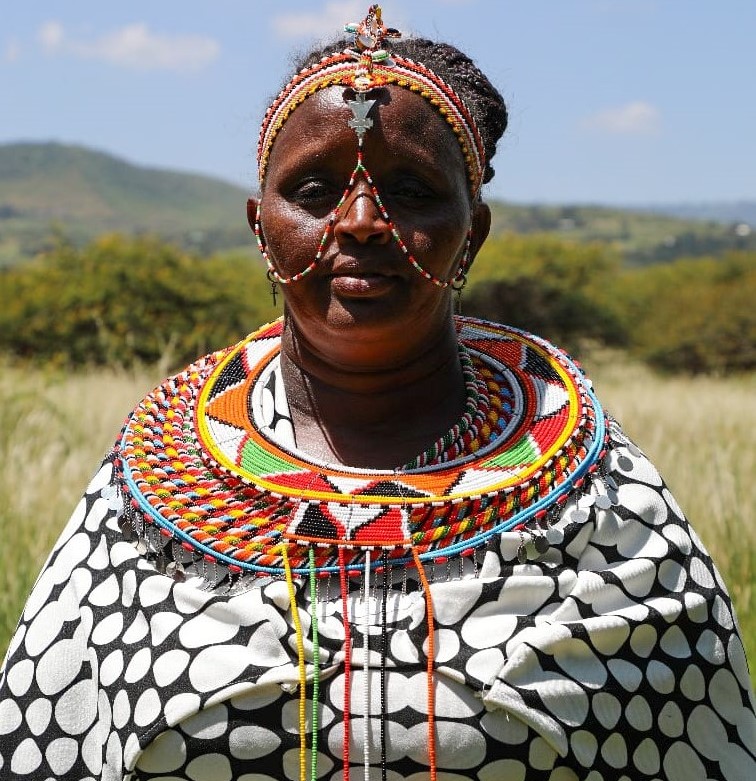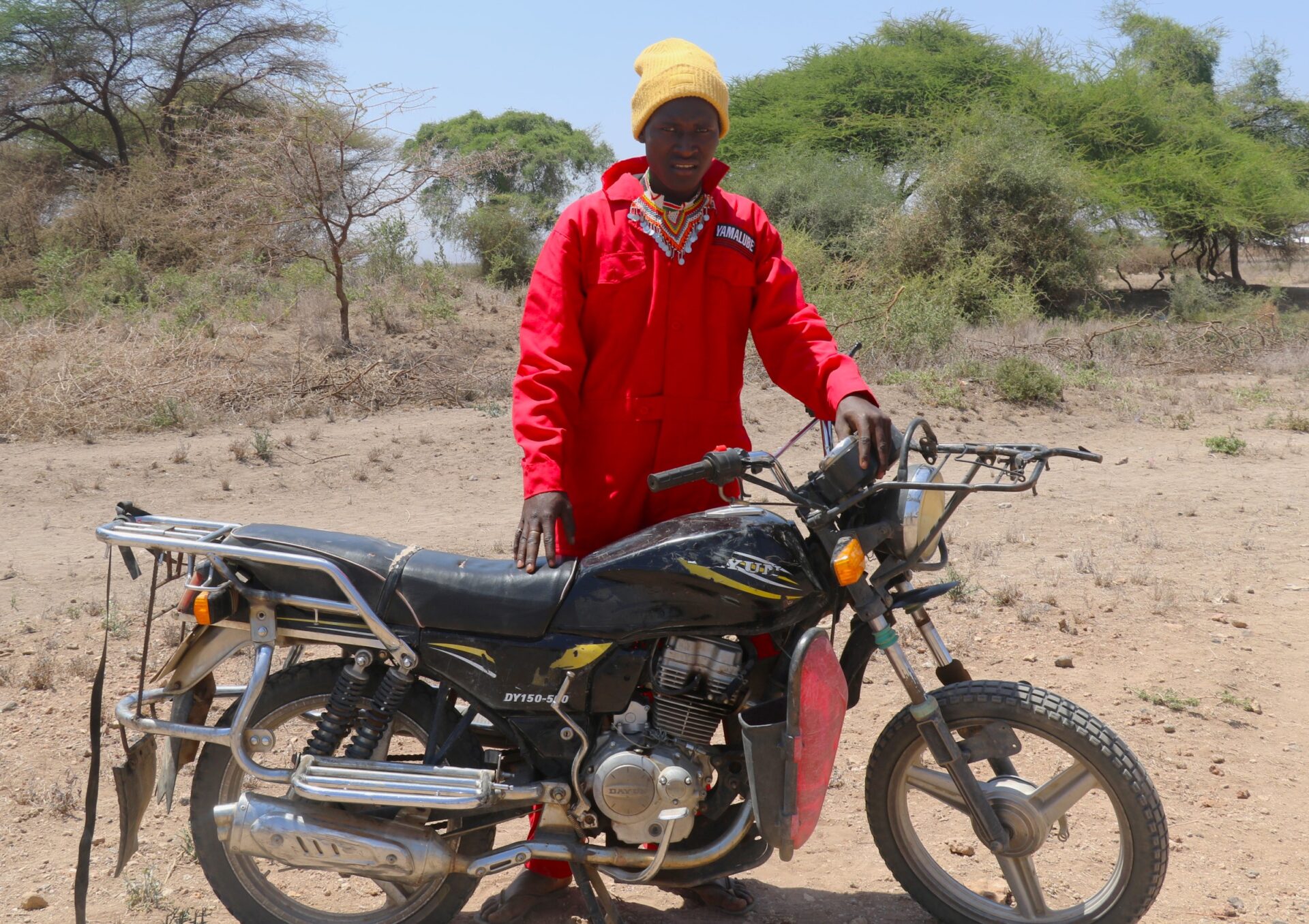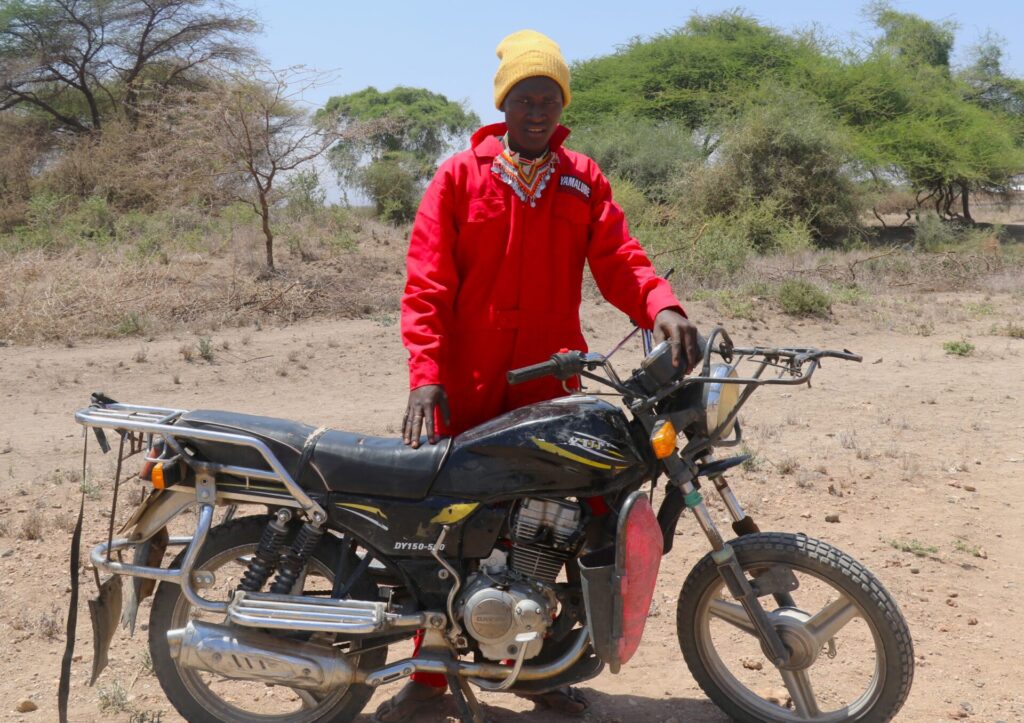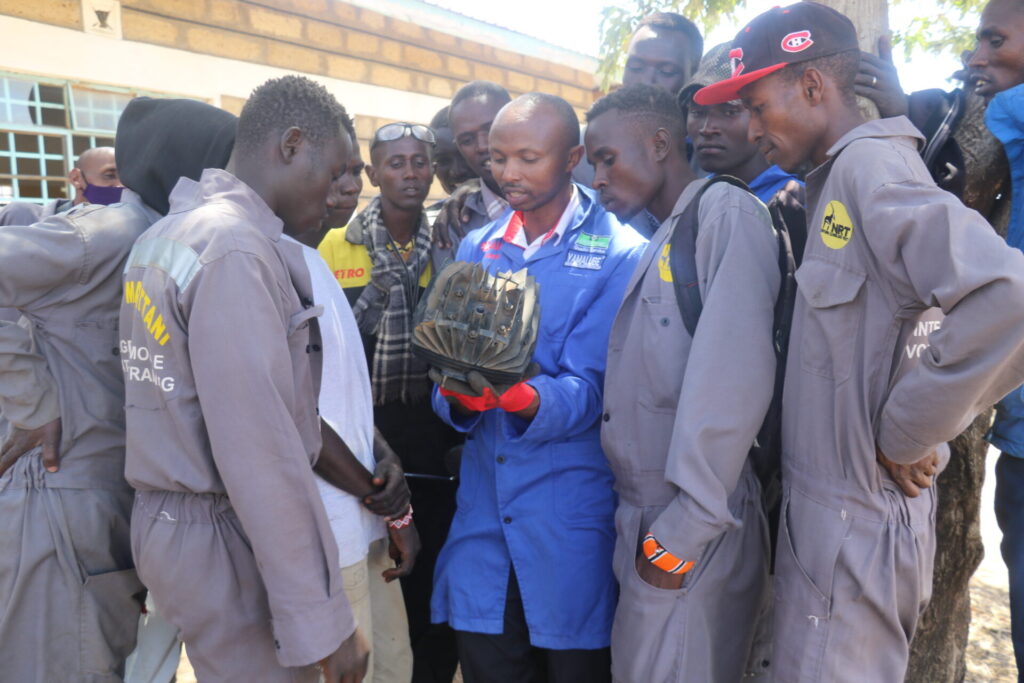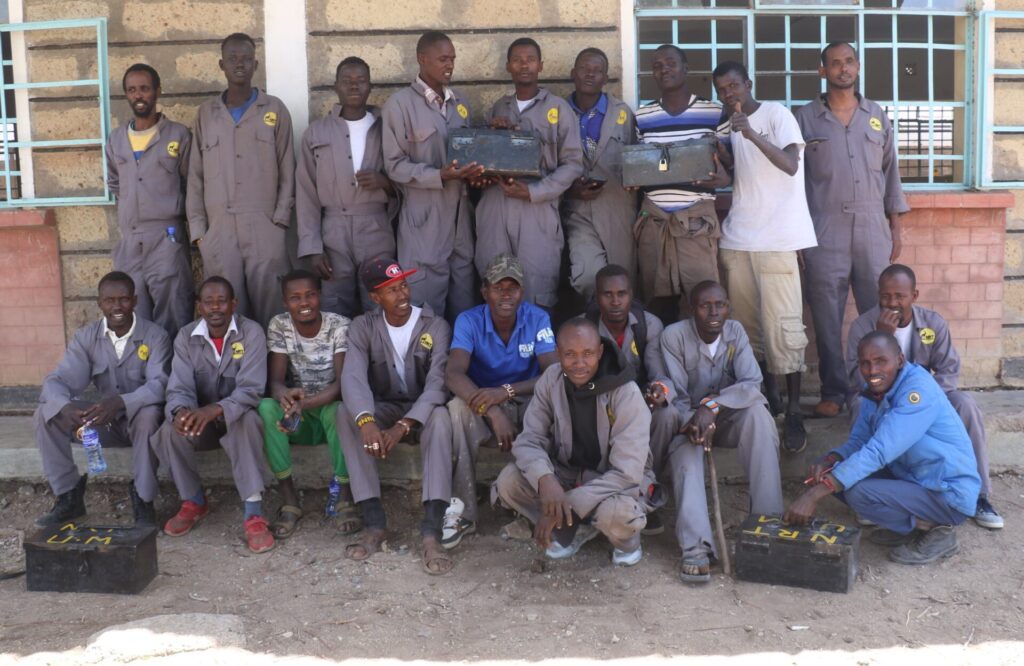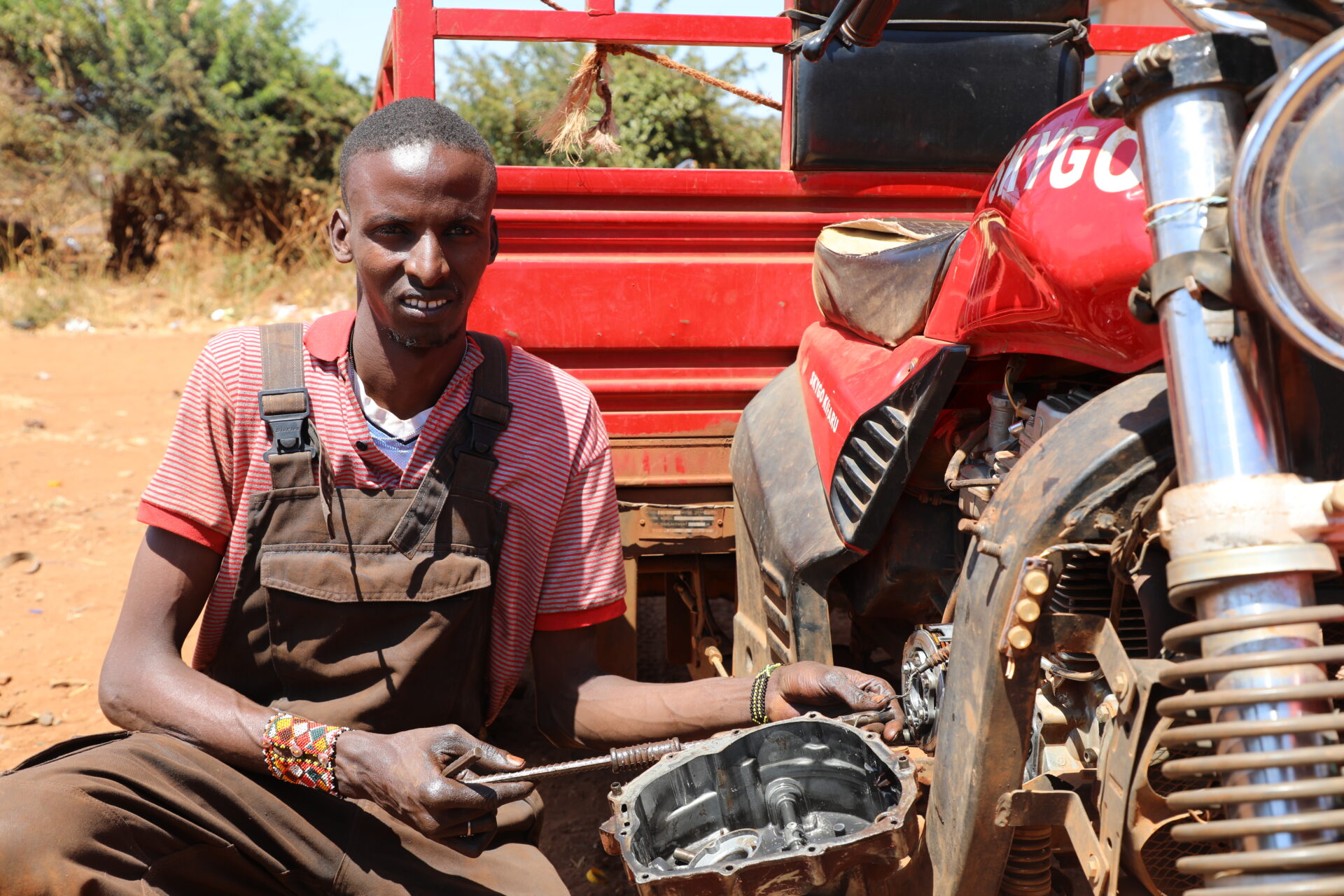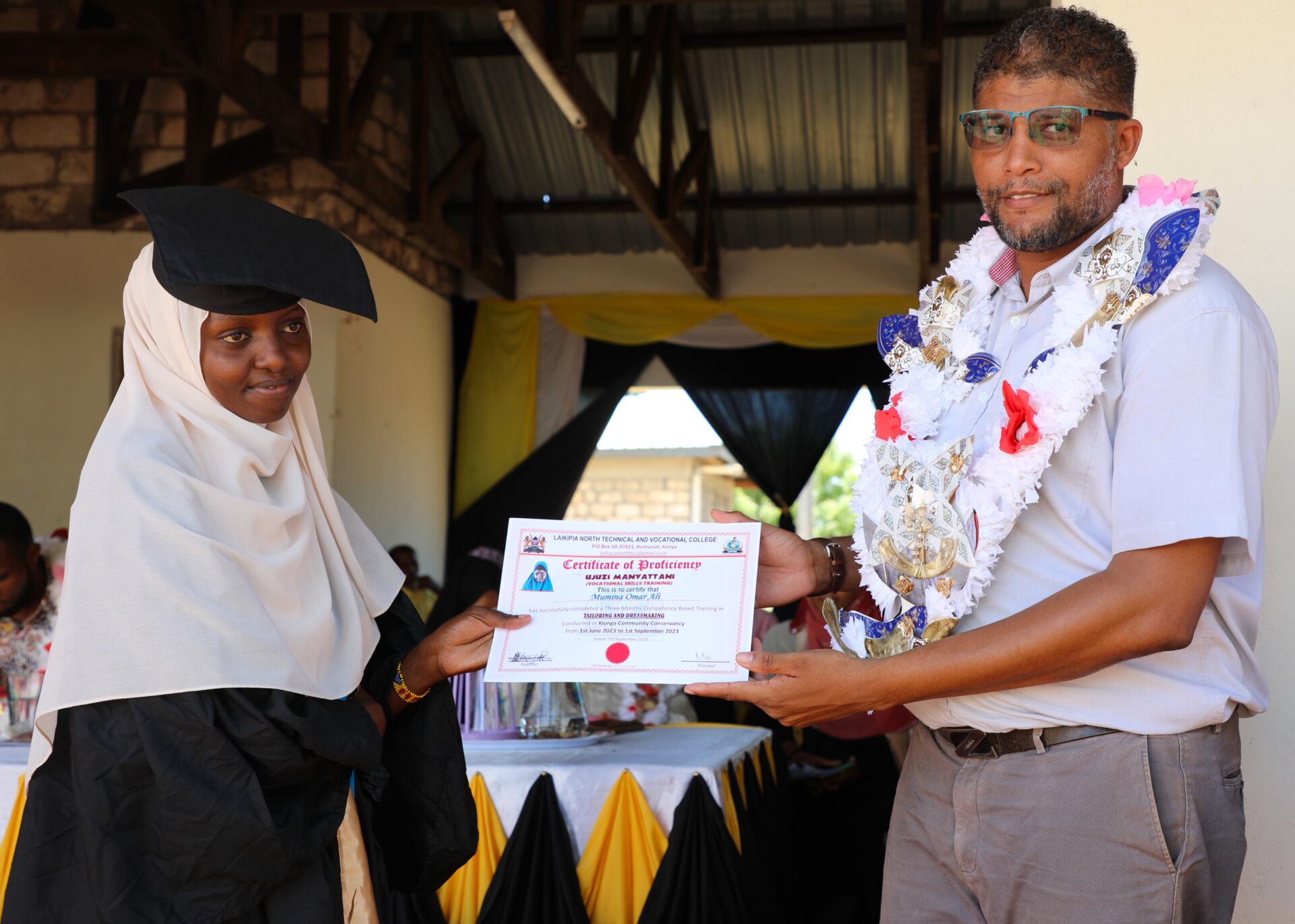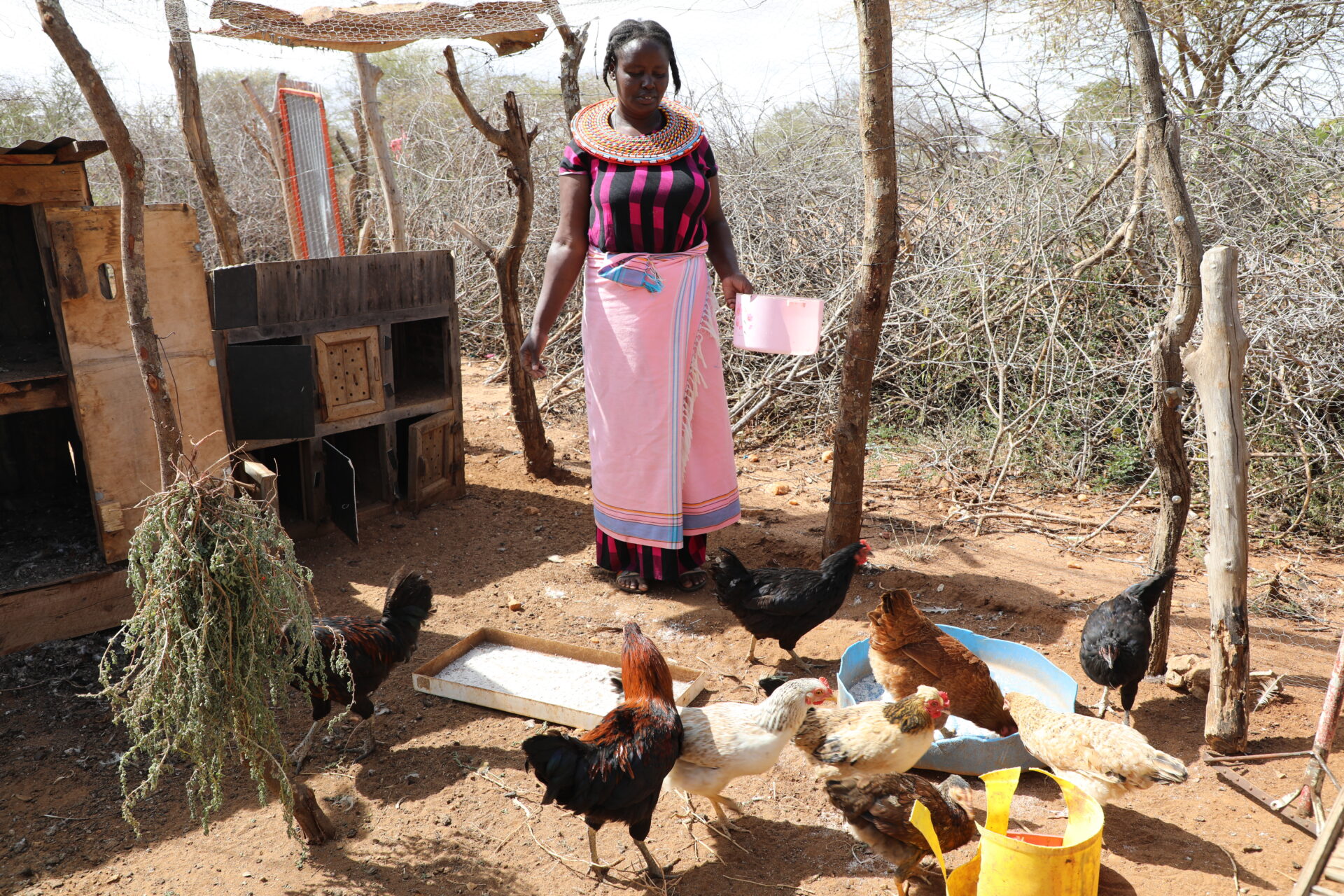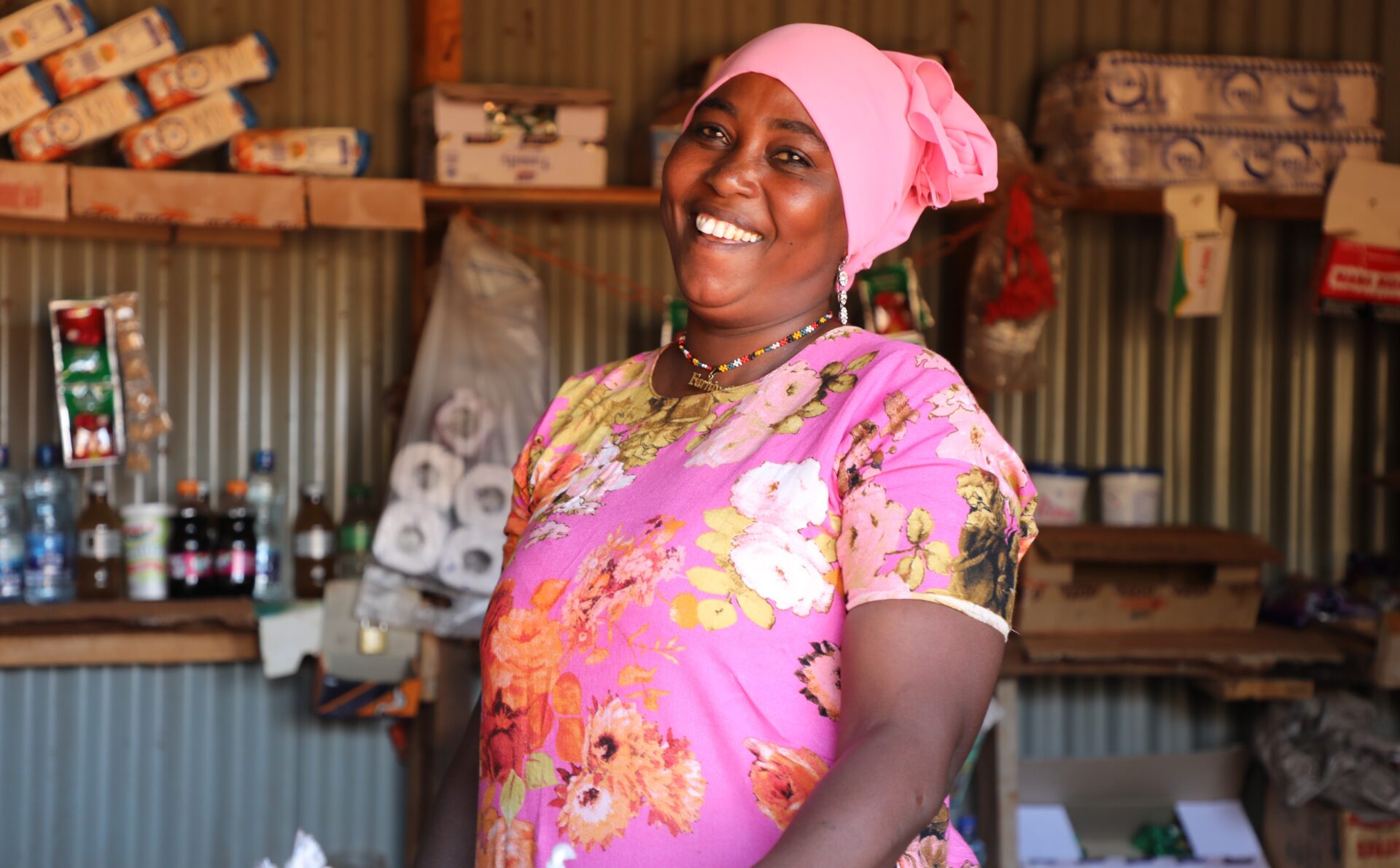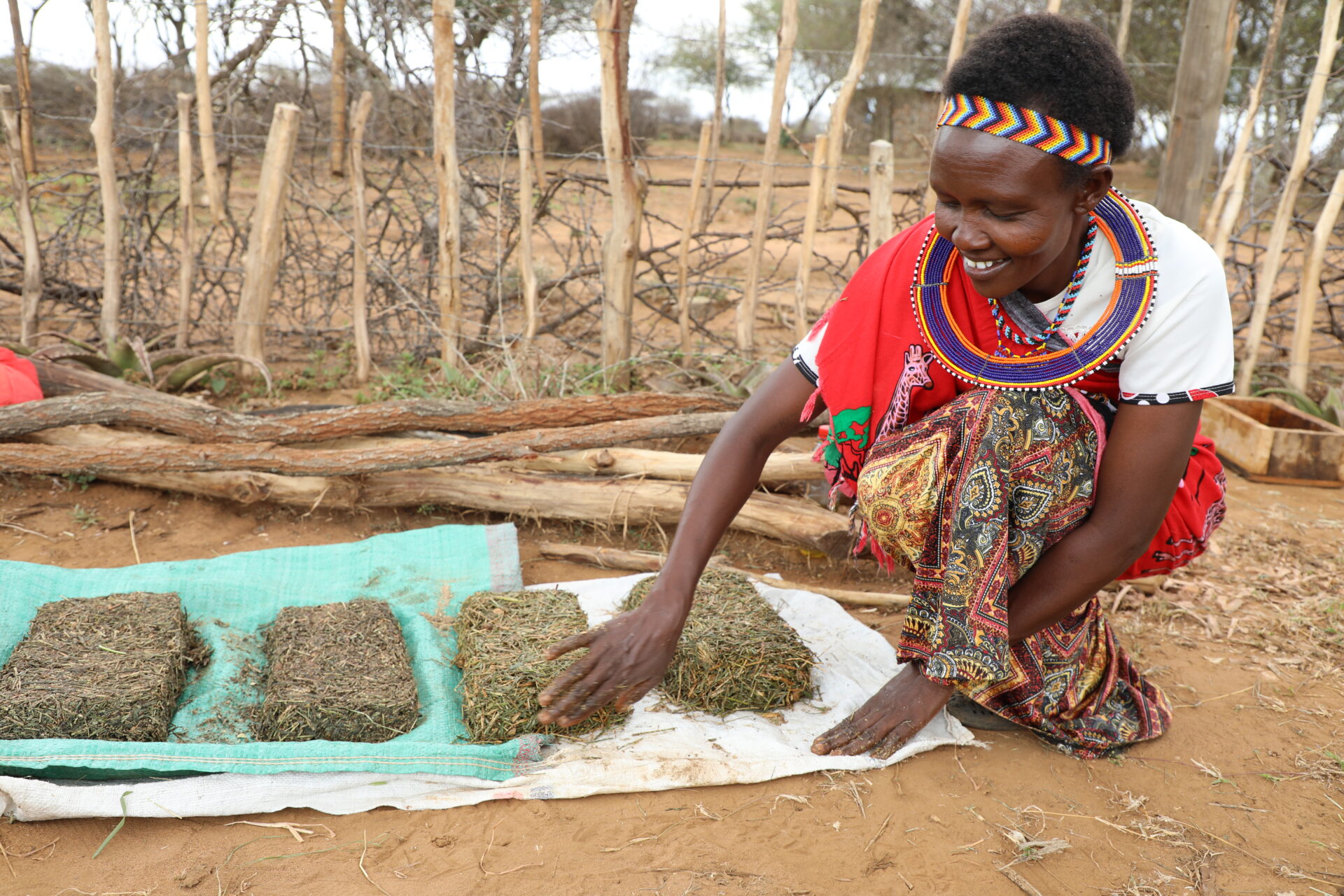Recently, women in northern Kenya have emerged as key decision-makers in their communities. They now hold leadership positions and have gained control over benefits, which has resulted in their full participation in the economy as market actors.
Pauline Nduraa Lolngojine is a 47-year-old mother of five from Archers Post in Samburu County, whose story embodies resilience, community impact, and empowerment. Married off at a young age, her education was abruptly cut short in Form 3. However, Pauline chose not to despair. Undeterred by the following hardships, she seized an opportunity during the construction of the Isiolo-Moyale highway to start preparing and hawking meals for the workers. This marked the beginning of her entrepreneurial venture, and she soon expanded to selling groceries by the roadside.
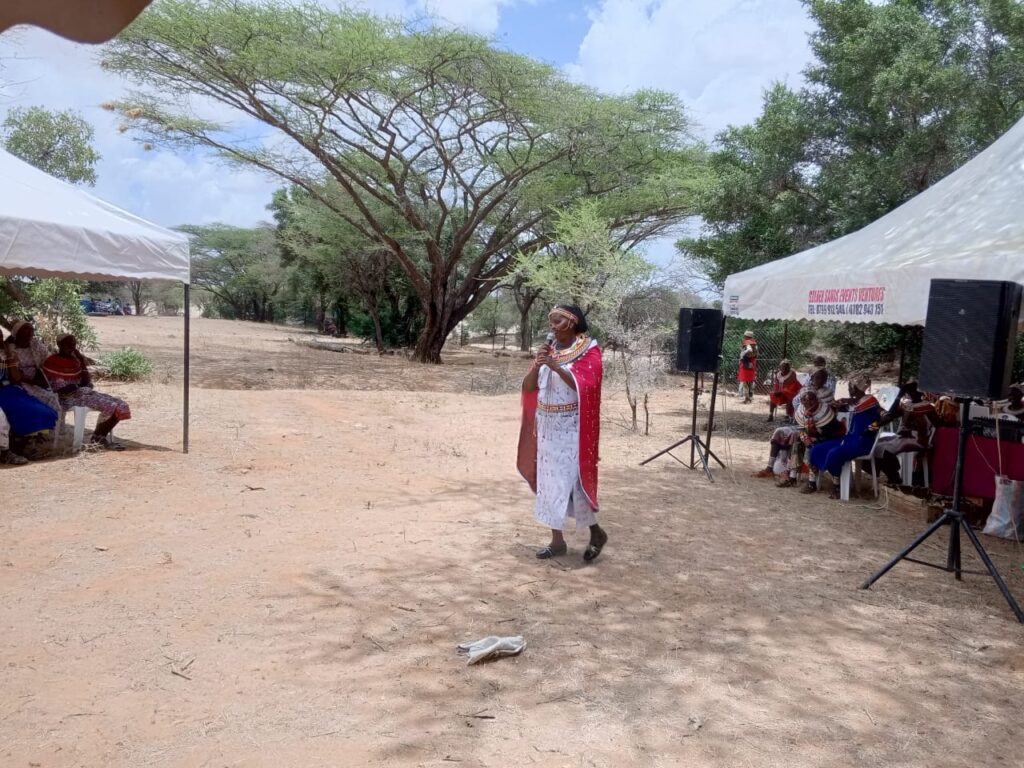
As a member of the Sera Community Conservancy, Pauline’s conservation efforts earned her a position on the board, where she later became the tourism chairperson, breaking barriers as the only female in this role. Her journey continued as she was re-elected as the Conservancy’s Chairperson, solidifying her position as a powerful voice for women.
In 2018, Pauline joined Rangelands Savings and Credit Cooperative (Rangelands SACCO), an independent, community-owned, and membership-driven financial organization. Elected as the chairperson, she embraced the training and guidance provided by the SACCO to become a star entrepreneur. Through Rangelands SACCO, Pauline received loans that she strategically invested to catalyze the growth of her businesses. The entrepreneurial and financial literacy training, including business planning, customer service, marketing and branding, managing profits and losses, costing, and pricing, equipped her with the skills to manage every aspect of her enterprises.
Being among over 6,000 members, the impact of Rangelands SACCO on Pauline’s life is evident from an initial loan of KES 30,000 to her latest loan of KES 900,000. She secured her children’s education and a plot for her restaurant and invested in equipment and materials, elevating the quality of her services. The loans met her progressive targets and positioned her in a better place.
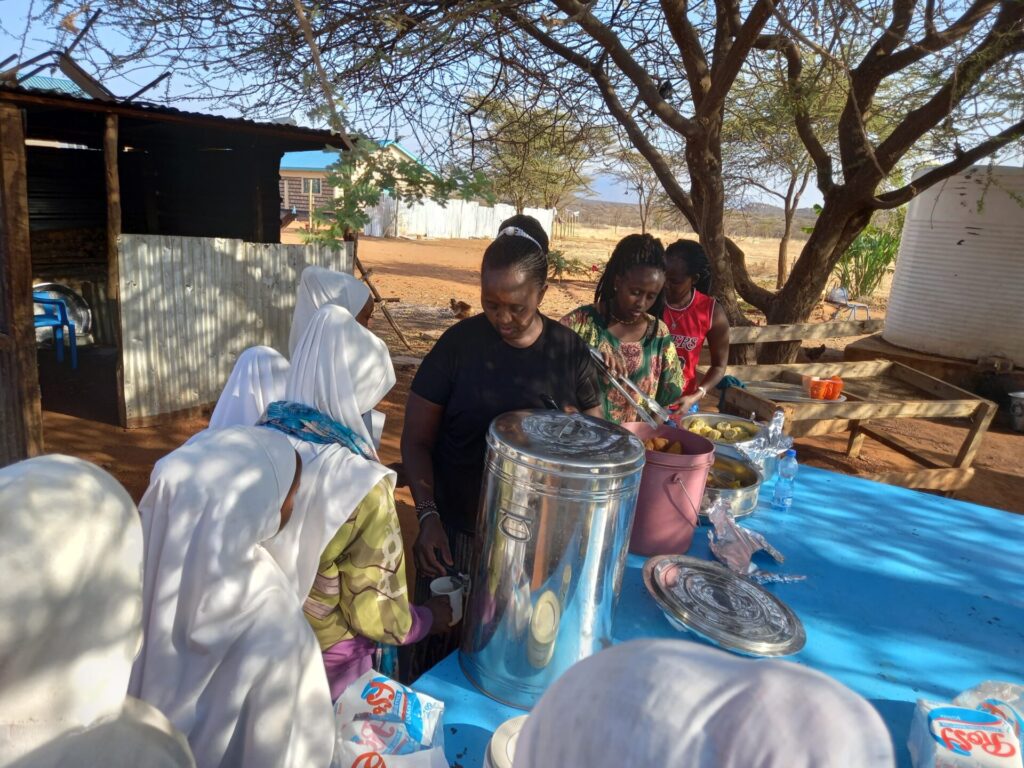
Her entrepreneurial journey saw her venture into diverse fields, from groceries by the roadside to outside catering services and a Choma Zone (roast meat) restaurant that will serve travelers along Archers Post.
In the Annual Delegates Meetings held on 26th April 2023 and 7th March 2024, she was celebrated as the best borrower in 2022 and 2023, respectively. “The awards motivate me to keep achieving my goals in the Sacco and being a role model by uplifting others through giving them advice and showing them my best practices,” says Pauline. Her journey with Rangelands SACCO is not just about financial gains; it’s about inspiring and uplifting an entire community, creating a ripple effect of positive change. Pauline has become an employer, creating job opportunities and contributing to the economic growth of her community.
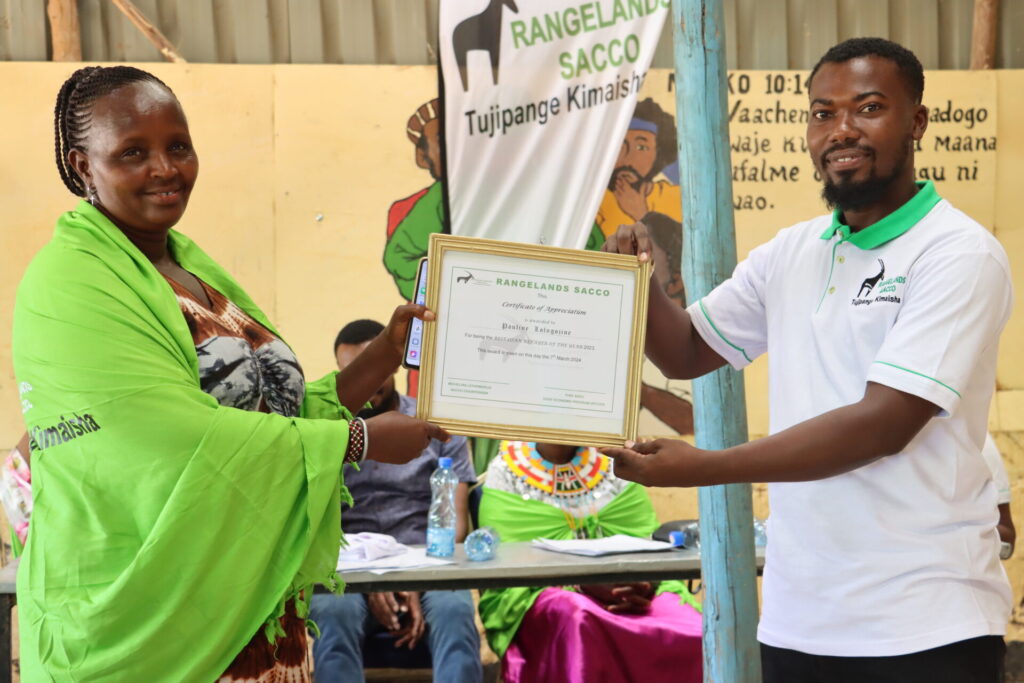
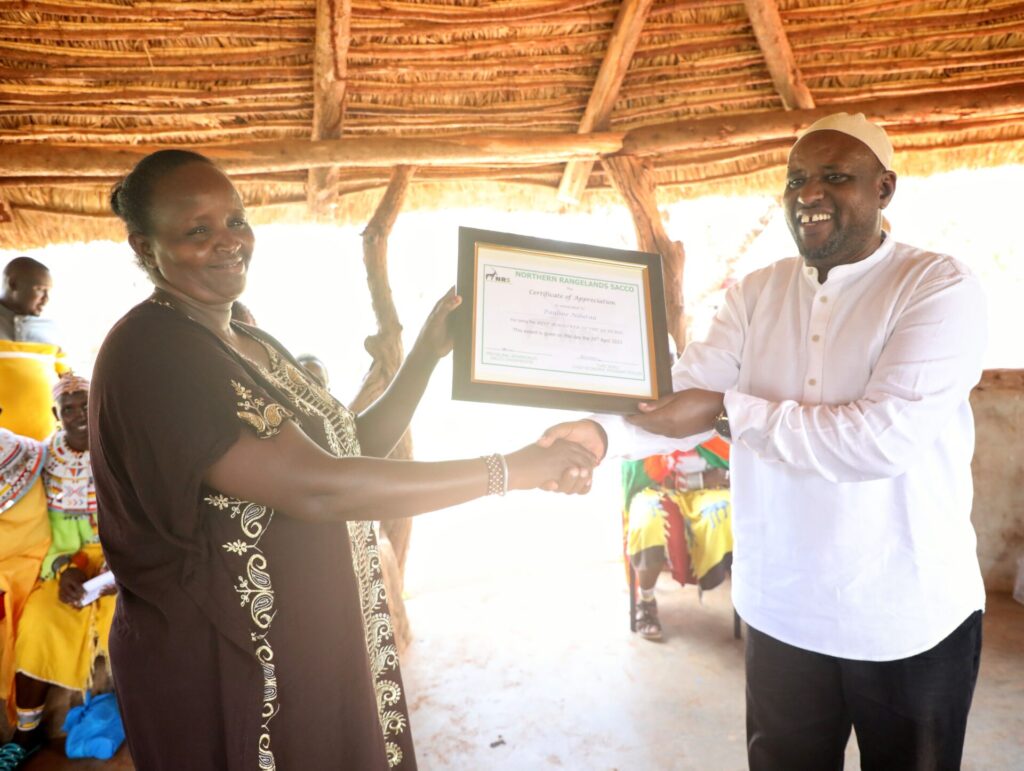
As Pauline envisions securing plots for accommodation facilities and campsites, her dreams extend beyond personal success. She aims to contribute to the growth of the local economy and leave an indelible mark on the community that she holds dear.
